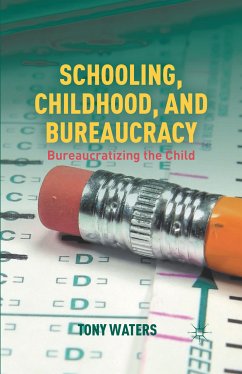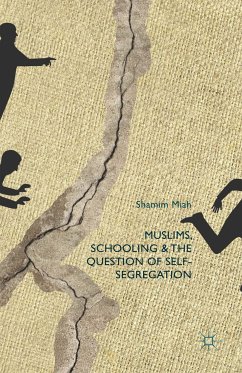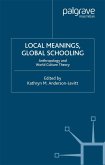Dieser Download kann aus rechtlichen Gründen nur mit Rechnungsadresse in A, B, BG, CY, CZ, D, DK, EW, E, FIN, F, GR, HR, H, IRL, I, LT, L, LR, M, NL, PL, P, R, S, SLO, SK ausgeliefert werden.
"In this fascinating work, Waters stretches readers beyond comfortable limits to see both the bureaucratization of schools and the commodification of our children who attend them. The tensions that grind against humanistic teachers who resist making products of their students are thoroughly explored with fresh insights. Waters challenges us to ask what the future holds for schooling and education: has the information society outgrown traditional bureaucracy in education, or will the paradoxes of the organic humanistic approaches we dream of for our schools and the cold rationalism of the bureaucratic order simply continue to intensify?" - William Rich, associate professor of Education, School of Education, California State University, Chico
"Often those of us involved in education from the pre-school through teacher education-level of public education have a hard time seeing the big picture of why we end up doing what we do. With this book, the sociologist Tony Waters helps us understand the place of public education in American society and throughout the world. In it, he highlights theinternal tensions within the bureaucracy of education as the system tries to mold emotional children into productive adults in twelve years using an unemotional system to do it. Schooling, Childhood, and Bureaucracy: Bureaucratizing the Child is a valuable addition to those who are trying to understand the place of public education in today's world and tensions inherent in this bureaucratic system." - John Benson, professor, School of Teaching and Learning, Minnesota State University Moorhead
"An interesting book that explains why schools are the way they are today . . . Recommended" - Choice









